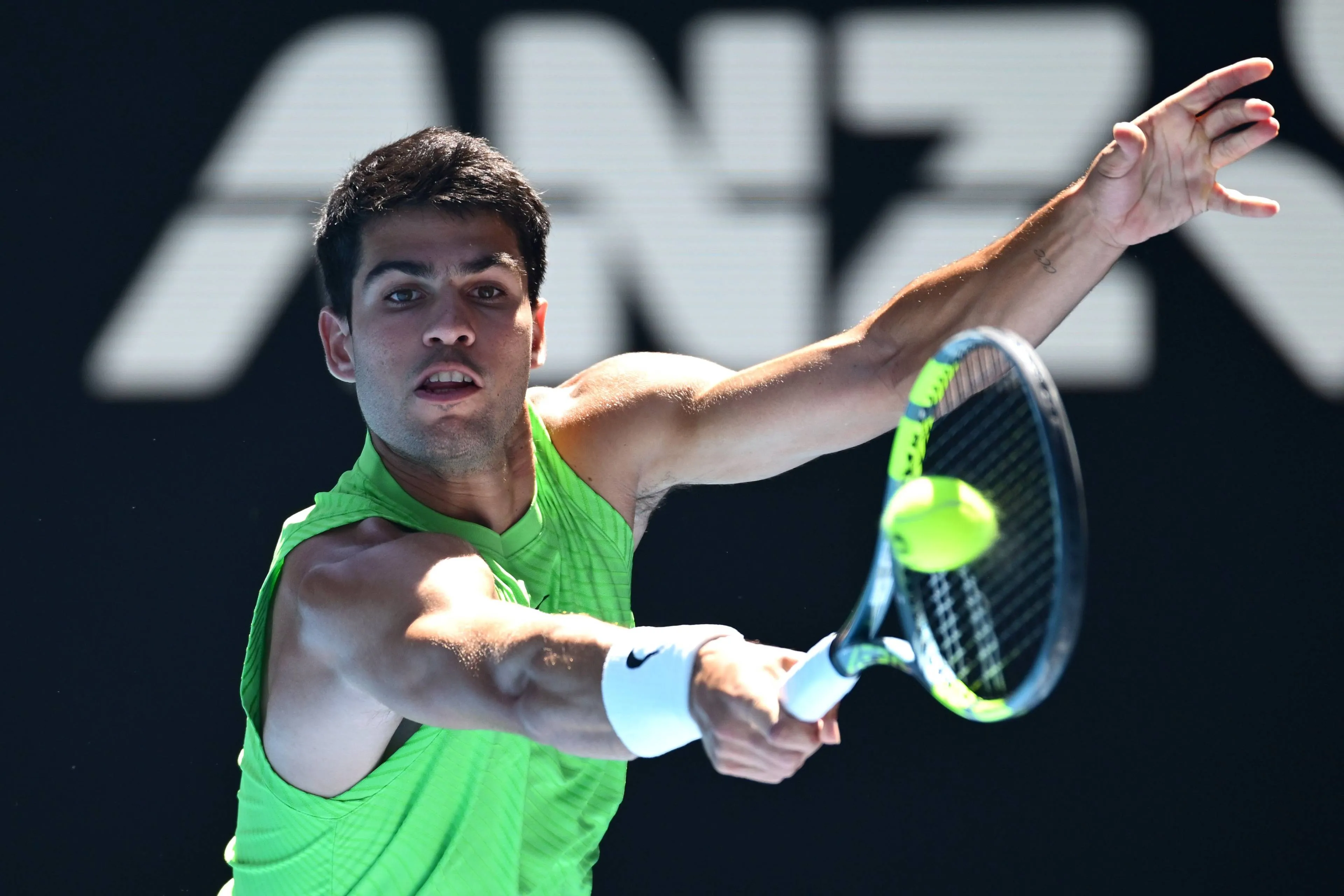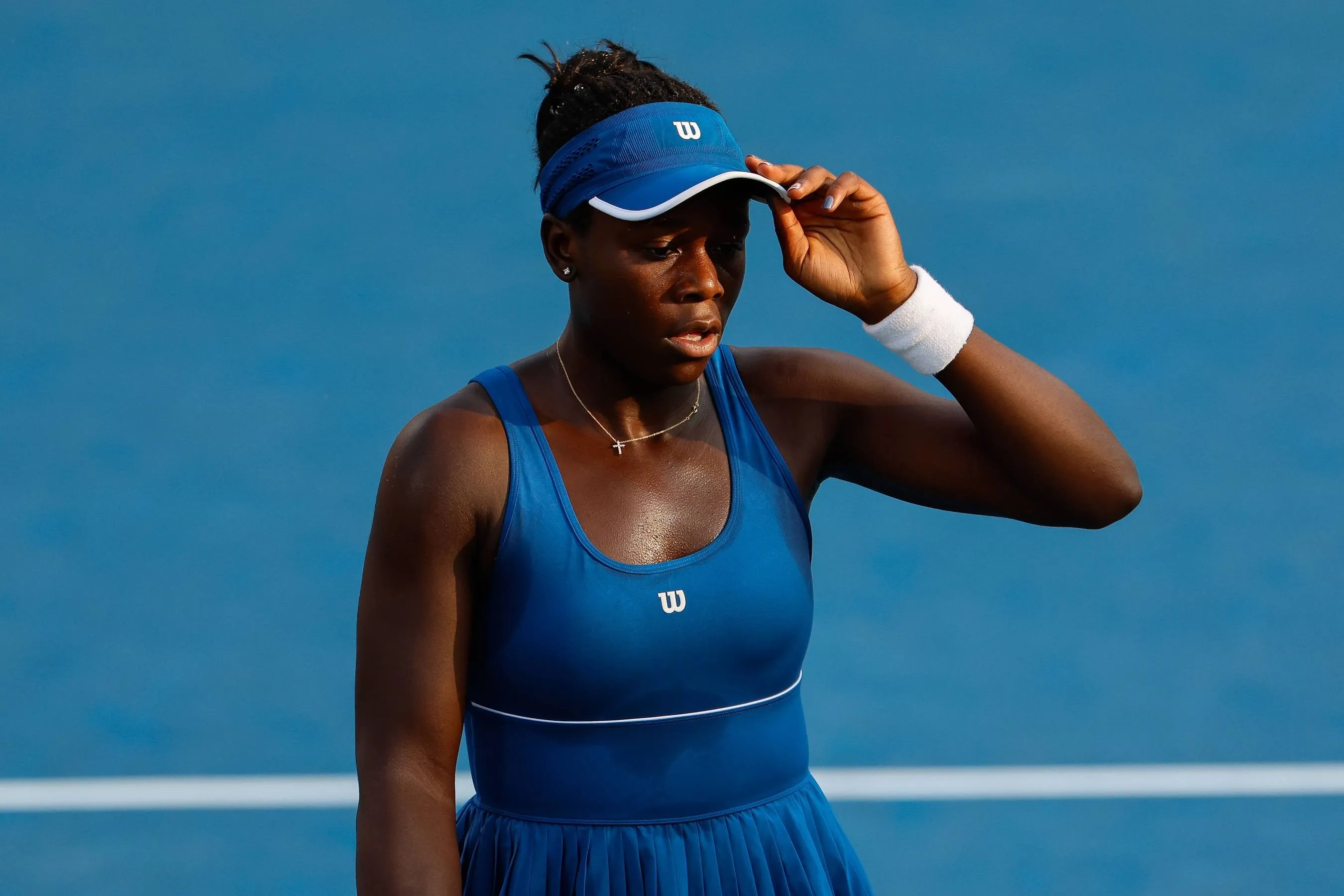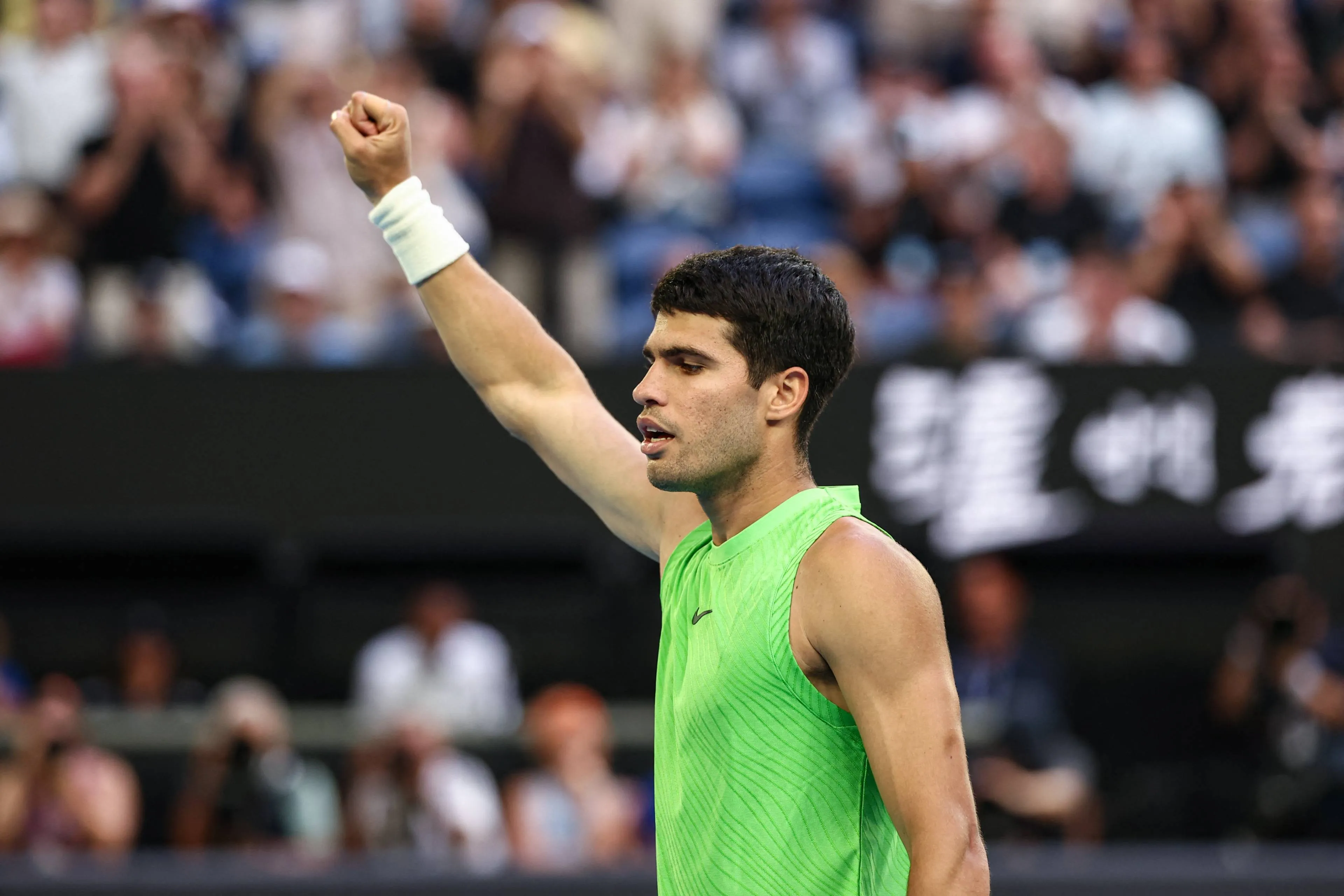'There Could Have Been Better Communication' In Sinner's Doping Case Admits ATP Chair
NewsSunday, 17 November 2024 at 08:47

ATP chairman Andrea Gaudenzi has finally spoken about Jannik Sinner's doping case, admitting the rules that were applied could have been explained better.
Sinner tested positive twice for the banned substance clostebol at the Indian Wells Open in March. After a private five-month investigation by the International Tennis Integrity Agency (ITIA), Sinner was cleared of wrongdoing and avoided a ban.
The ITIA accepted Sinner's explanation that the clostebol entered his system after massages from his physiotherapist at the time, Giacomo Naldi, who had received a spray containing the banned substance from the Italian's fitness trainer, Umberto Ferrara.
Unfortunately for Sinner, the World Anti-Doping Agency (WADA) disagreed with the ITIA's ruling that Sinner bore no fault or negligence for the positive tests. It appealed the decision, arguing that a ban of between one and two years would be appropriate.
Sinner has managed the stress of the situation since March. He recently reflected on feeling complete darkness after being told about the positive tests, but the Italian also says that his conscience is clear and he did not do anything wrong.
The decision to keep Sinner's case private while the ITIA investigated caused controversy. Some wondered why the 23-year-old did not receive a provisional suspension, as in other cases such as Simona Halep's.
Sinner's coach, Darren Cahill, attempted to explain after the news became public that his player got more leeway because he quickly found where the clostebol entered his system. This meant he was allowed to keep playing while the investigation took place.
The move not to provisionally suspend Sinner was not against the rules, but no governing body clearly explained that to fans, leading to confusion and some resentment toward Sinner and the investigators.
During a round-table discussion with international reporters, Gaudenzi said he thought Sinner's case had been handled fairly but accepted that the communication of the rules could have been better.
"We are completely external and it’s (an) independent process. I generally think has been a fair process. It was really done by the book and by the rules."
"Maybe there could have been better communication in explaining those rules, and that is something that I would urge every party involved to work better in the next time.”
Read also
Gaudenzi revealed he was only told about Sinner's case the day before it became public. However, he is happy about that because it demonstrated that the ITIA's process was genuinely independent.
"I learned the day before we all learned. And to be honest, I’m happy about that. I really thank the ITIA (International Tennis Integrity Agency) and our representatives there for intentionally keeping me and our entire team in the dark because that’s how it should be."
"It should be completely independent and that was agreed by the (parties). It was a shock, but obviously comforted by the evidence afterward.”
The Court of Arbitration for Sport's ruling on WADA's appeal is not expected until early 2025. Sinner will have to manage the anxiety he is undoubtedly feeling until that decision is reached.
Read also
Loading








